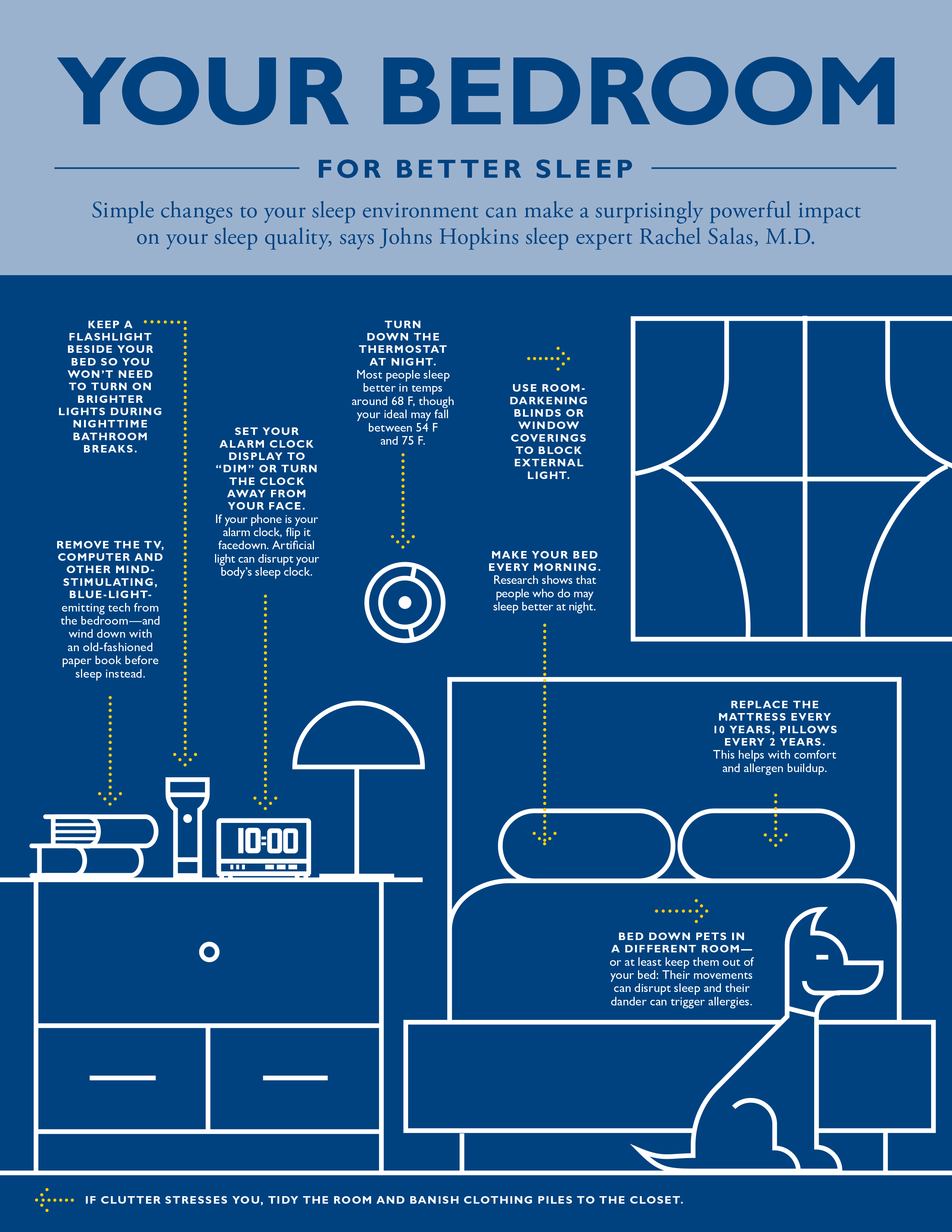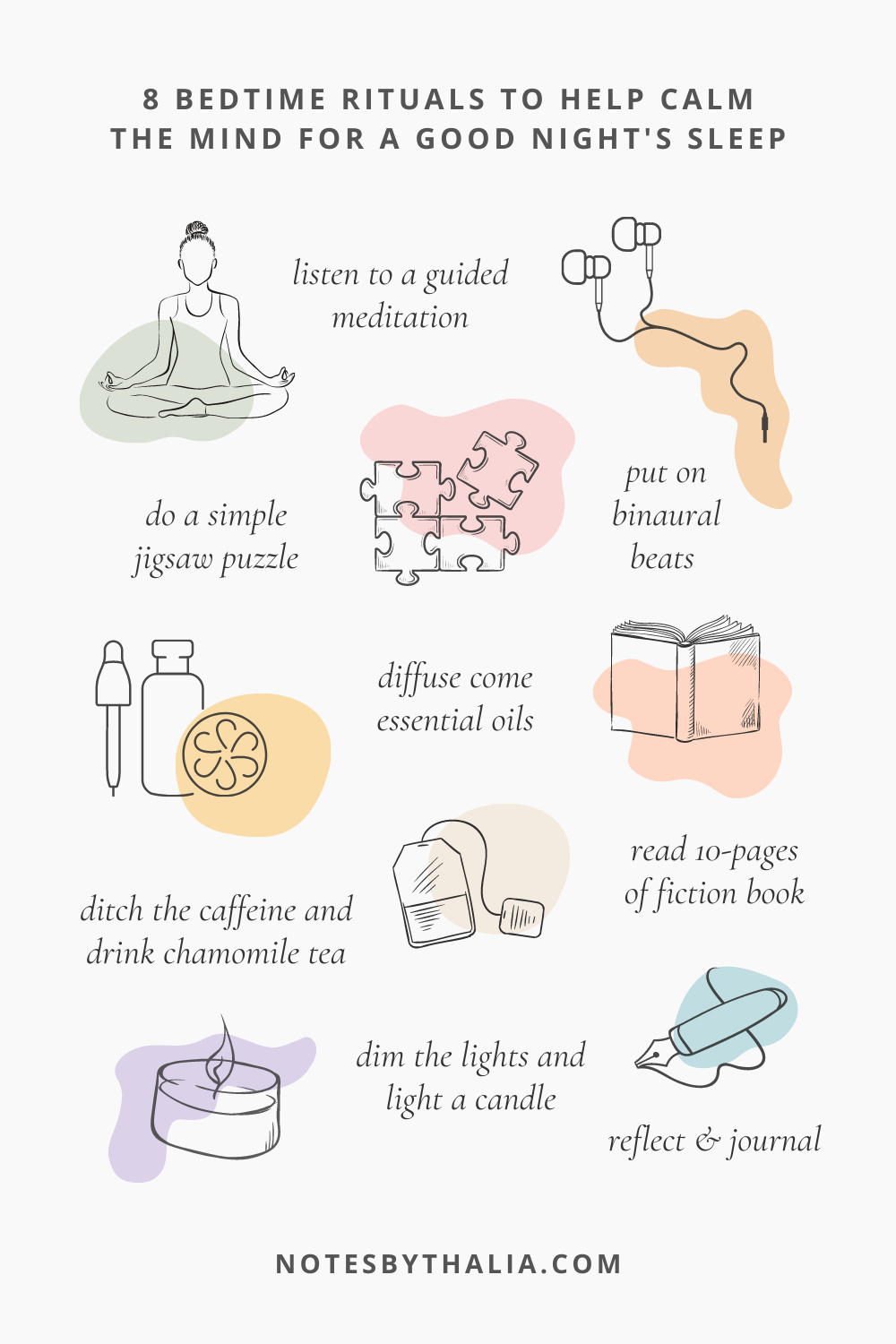Sleep Improvement Tips: 15 Science-Backed Strategies for Better Rest Tonight
Sleep Improvement Tips: 15 Science-Backed Strategies for Better Rest Tonight

Quality sleep is one of the most fundamental pillars of good health, yet millions of Americans struggle to get the rest they need each night. According to the CDC, more than one-third of adults in the United States don't get enough sleep, with nearly 15% having trouble falling asleep and 18% experiencing difficulty staying asleep throughout the night.
Poor sleep doesn't just leave you feeling groggy—it can negatively impact your cognitive function, mood, heart health, immune system, and even increase your risk of developing serious conditions like obesity, diabetes, and heart disease. The good news? By implementing proven sleep improvement strategies, you can dramatically enhance both the quality and quantity of your nightly rest.
Understanding Your Sleep-Wake Cycle
Your body operates on a natural 24-hour rhythm called the circadian rhythm, which aligns with sunrise and sunset. This internal clock regulates when you feel alert and when you feel sleepy. Disruptions to this rhythm—whether from irregular schedules, excessive screen time, or poor lifestyle habits—can significantly impair your ability to fall asleep and stay asleep.
Create the Perfect Sleep Environment

Your bedroom should be a sanctuary dedicated exclusively to sleep. Research consistently shows that optimizing your sleep environment is one of the most effective ways to improve sleep quality.
Temperature and Air Quality
The ideal bedroom temperature for most people falls between 65°F and 68°F (18°C to 20°C). A cooler room facilitates the natural drop in body temperature that occurs during sleep, making it easier to fall asleep and stay asleep. Additionally, ensure proper ventilation and consider using an air purifier if you're sensitive to allergens or concerned about air quality.
Light and Noise Control
Darkness signals your brain to produce melatonin, the hormone that makes you feel sleepy. Use blackout curtains or light-blocking shades to eliminate external light sources. For noise reduction, consider white noise machines, earplugs, or heavy curtains that absorb sound. If you live in a noisy area, these interventions can make a dramatic difference in sleep quality.
Invest in Quality Bedding
Your mattress and bedding directly impact sleep comfort. A 2021 research review found that medium-firm mattresses are generally best for avoiding back pain and promoting quality sleep. If your mattress is over seven years old or causes discomfort, replacing it could provide immediate benefits. Similarly, choose breathable, comfortable bedding materials appropriate for your climate—wool for cooler temperatures, linen for warmer conditions.
Master Your Sleep Schedule
Consistency is crucial for training your body's internal clock. Going to bed and waking up at the same time every day—including weekends—reinforces your natural sleep-wake cycle. While the National Sleep Foundation acknowledges that some catch-up sleep on weekends may be beneficial after insufficient weekday sleep, maintaining consistency should be your primary goal.
If you don't fall asleep within 20 minutes of lying down, get up and do something relaxing in another room. Return to bed only when you feel genuinely tired. This prevents your brain from associating your bed with wakefulness and frustration.
Optimize Light Exposure Throughout the Day
Light exposure plays a powerful role in regulating your circadian rhythm. Getting bright light exposure during the day—especially in the morning—helps keep your internal clock synchronized and improves both daytime energy and nighttime sleep quality.
A 2022 study found that daytime bright light exposure significantly improved sleep quality and duration. If natural sunlight isn't accessible, consider investing in a light therapy box or full-spectrum light bulbs for your workspace.
Conversely, reduce blue light exposure in the evening. The blue wavelengths emitted by smartphones, computers, and televisions suppress melatonin production. Turn off electronic devices at least two hours before bedtime, or use blue light blocking glasses if you must use screens in the evening.
Watch What You Consume

Caffeine and Stimulants
Caffeine can remain in your system for 8-13 hours after consumption. A 2023 research review found that late caffeine consumption reduced total sleep time by 45 minutes and decreased sleep efficiency by 7%. To be safe, avoid caffeine at least 8 hours before bedtime—that means no coffee after 2 PM if you plan to sleep at 10 PM.
Alcohol Considerations
While alcohol may make you feel drowsy initially, it significantly disrupts sleep architecture later in the night, particularly REM sleep, which is crucial for cognitive function and emotional regulation. It also increases symptoms of sleep apnea and snoring. Limit alcohol consumption and avoid drinking within 3 hours of bedtime.
Meal Timing
Eating heavy meals close to bedtime can cause discomfort and interfere with sleep. Aim to finish dinner at least three hours before bed. If you're hungry closer to bedtime, opt for a light snack that won't cause digestive issues.
Hydration Balance
While staying hydrated is important for overall health, drinking large amounts of liquid in the evening can lead to frequent nighttime bathroom trips (nocturia), disrupting sleep continuity. Reduce fluid intake 1-2 hours before bed and use the bathroom right before lying down.
Incorporate Regular Physical Activity
Regular exercise is one of the most powerful natural sleep aids available. Physical activity reduces symptoms of insomnia, improves sleep quality, and helps you fall asleep faster. The Physical Activity Guidelines for Americans recommend at least 150 minutes of moderate exercise per week.
However, timing matters. For many people, exercising within two hours of bedtime can interfere with falling asleep due to the stimulating effects of increased adrenaline and body temperature. Experiment to find the exercise timing that works best for your body—some people can exercise in the evening without issues, while others need several hours between workout and bedtime.
Develop a Calming Bedtime Routine

Reserve the hour before bedtime for relaxing, non-stimulating activities. Creating consistent pre-sleep rituals signals your brain that it's time to wind down. Effective bedtime routine activities include:
- Reading for pleasure in soft, warm lighting (avoid thriller or suspenseful content)
- Taking a warm bath or shower, which causes a subsequent drop in body temperature that promotes sleepiness
- Gentle stretching or progressive muscle relaxation exercises
- Meditation or deep breathing techniques that activate the parasympathetic nervous system
- Listening to calming music or nature sounds
- Journaling to clear your mind of worries and tomorrow's to-do list
Strategic Napping
While long or late-afternoon naps can interfere with nighttime sleep, short power naps can be beneficial without disrupting your sleep schedule. Sleep experts recommend limiting naps to 30 minutes or less and avoiding napping after 3 PM. However, if you're an athlete or engage in strenuous physical activity, longer naps may be helpful and won't necessarily compromise nighttime sleep quality.
Consider Sleep Supplements Wisely
Certain supplements may support better sleep when used appropriately:
- Melatonin: This hormone supplement can help you fall asleep faster. Studies examine doses from 0.1 to 10 mg taken up to 2 hours before bedtime. Start with a low dose and consult a healthcare professional, especially for children.
- Magnesium: This mineral may promote relaxation and improve sleep quality.
- Other options: Omega-3 fatty acids, zinc, and certain herbal supplements like valerian root have shown promise in some studies.
Remember that supplements should complement, not replace, good sleep hygiene practices. Always consult with a healthcare provider before starting any supplement regimen.
Manage Stress and Worry
Mental stress is one of the primary obstacles to quality sleep. Practice stress management techniques throughout the day, and avoid engaging with stressful content or activities close to bedtime. If worries keep you awake, try writing them down with an action plan for addressing them tomorrow—this helps your brain release the need to actively process these concerns during sleep time.
When to Seek Professional Help
If you consistently struggle with sleep despite implementing these strategies, you may have an underlying sleep disorder such as sleep apnea, restless legs syndrome, insomnia, or narcolepsy. According to research, at least 10% of adults have chronic insomnia, and 20% experience it occasionally. Don't hesitate to consult a healthcare provider or sleep specialist who can identify and treat any underlying conditions.
Track Your Progress
Keep a sleep diary for at least two weeks to identify patterns and obstacles. Track your bedtime, wake time, sleep quality, nighttime awakenings, caffeine and alcohol consumption, meal times, exercise schedule, and screen time. This data can reveal connections between your behaviors and sleep quality, helping you fine-tune your approach.

Frequently Asked Questions About Sleep Improvement
What is the 10-3-2-1-0 sleep rule?
This is a simple framework for better sleep: No caffeine 10 hours before bed, no food or alcohol 3 hours before bed, no work 2 hours before bed, no screens 1 hour before bed, and zero times hitting the snooze button in the morning.
How much sleep do adults really need?
Most healthy adults need 7-9 hours of sleep per night. Individual needs may vary slightly, but consistently getting less than 7 hours is associated with negative health outcomes.
Can I catch up on sleep during weekends?
While consistency is ideal, the National Sleep Foundation acknowledges that getting some catch-up sleep on weekends may be beneficial after a week of insufficient sleep. However, this shouldn't replace maintaining a regular sleep schedule.
Why can't I fall asleep even when I'm tired?
This could be due to several factors including stress, poor sleep hygiene, irregular sleep schedule, excessive screen time before bed, or an underlying sleep disorder. If the problem persists, consult a healthcare professional.
Take Action Tonight
You don't need to implement all these strategies at once. Choose two or three tips that resonate most with your current situation and start there. Small, consistent changes often produce the most sustainable results. Remember, quality sleep is not a luxury—it's a fundamental requirement for optimal physical health, mental clarity, and emotional well-being.
Did you find these sleep improvement tips helpful? Share this article with friends and family who might benefit from better rest. Quality sleep is something everyone deserves, and spreading evidence-based strategies helps create healthier communities. Use the share buttons below to send this to someone who needs it!